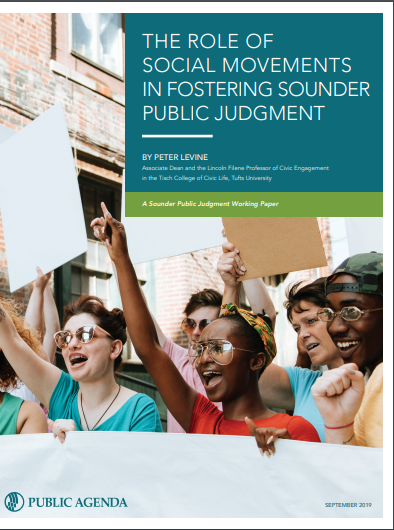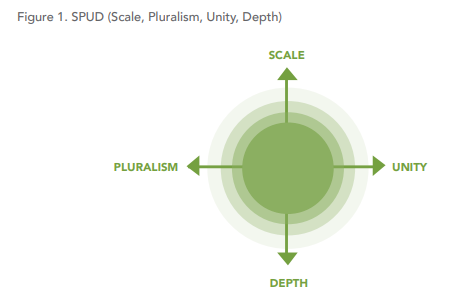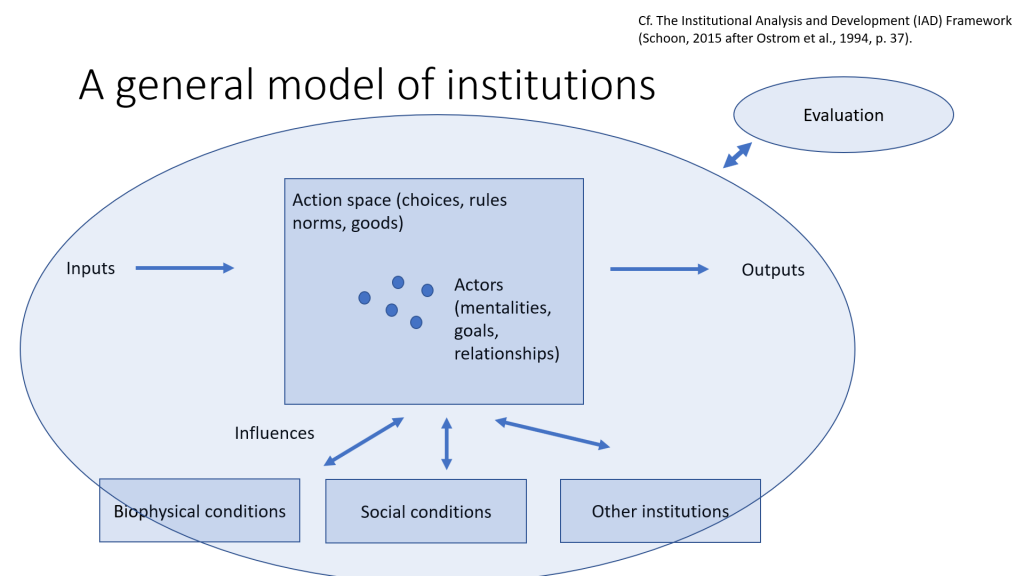Here are the upcoming D&D online events happening over the next few weeks, including NCDD sponsor org The Courageous Leadership Project partner org National Civic League, NCDD member orgs MetroQuest, National Issues Forums Institute and Living Room Conversations, as well as, from the International Association of Facilitators (IAF) and the International City/County Management Association (ICMA).
NCDD’s online D&D event roundup is a weekly compilation of the upcoming events happening in the digital world related to dialogue, deliberation, civic tech, engagement work, and more! Do you have a webinar or other digital event coming up that you’d like to share with the NCDD network? Please let us know in the comments section below or by emailing me at keiva[at]ncdd[dot]org, because we’d love to add it to the list!
Upcoming Online D&D Events – From Our Sponsors & Partners
The Courageous Leadership Project webinar – Brave, Honest Conversations
 Wednesday, November 13th
Wednesday, November 13th
9 am Pacific, 12 pm Eastern
Some conversations are hard to have. Fear and discomfort build in your body and you avoid and procrastinate or pretend everything is fine. Sometimes you rush in with urgency, wanting to smooth things over, fix them, and make them better. Sometimes you go to battle stations, positioning the conversation so you have a higher chance of being on the “winning” side. NONE OF THIS WORKS. Instead, it usually makes a hard conversation harder; more divided, polarized, and disconnected from others. The more people involved, the harder the conversation can be. I believe that brave, honest conversations are how we solve the problems we face in our world – together.
In this webinar, we will cover: What is a Brave, Honest Conversation ? Why have one? What can change because of a brave, honest conversation? How do you have one? What do you need to think about and do? How do you prepare yourself for a brave, honest conversation?
? Why have one? What can change because of a brave, honest conversation? How do you have one? What do you need to think about and do? How do you prepare yourself for a brave, honest conversation?
REGISTER: www.bravelylead.com/shop/freewebinarbhc
National Civic League AAC Promising Practices Webinar – Engaging your Community Outside of City Hall
![]() Wednesday, November 13th
Wednesday, November 13th
10 am Pacific, 1 pm Eastern
Join the National Civic League to learn how communities are engaging residents where they live, using unique and entertaining approaches. This webinar will highlight three community events that are giving residents entertaining opportunities for engaging with the city. Registrants will hear about events in Denver, CO, Decatur, GA and Mission, TX.
REGISTER: www.nationalcivicleague.org/resource-center/promising-practices/
From Our Members
MetroQuest – click here
- Transit Plans to LRTPs – MDOT’s Formula for Engaging 1000s – Wednesday, October 30th at 11 am Pacific, 2 pm Eastern
Living Room Conversations – click here
90-Minute Conversation w/ Optional 30-Minute Q & A with Hosts!
![]()
- Guns & Responsibility – Tuesday, October 29th at 12 pm Pacific, 3 pm Eastern
- More Curious, Less Furious – Thursday, October 31st at 4 pm Pacific, 7 pm Eastern
- 2020 Election: Concerns and Aspirations – Thursday, November 7th at 4 pm Pacific, 7 pm Eastern
- Status and Privilege – Thursday, November 14th at 4 pm Pacific, 7 pm Eastern
National Issues Forums Institute  – click here
– click here
- October CGA Forum on “A House Divided”: What Would We Have to Give Up to Get the Political System We Want? – Saturday, October 26th at 5 pm Pacific, 8 pm Eastern
- November Cross-Campus CGA Forum Series on “A House Divided”: How Do We Get The Political System We Want? – Monday, November 4th to Saturday, November 9th at 10 am Pacific, 1 pm Eastern
- November CGA Forum Series: How Can We Stop Mass Shootings in Our Communities? – Thursday, November 21st at 4 pm Pacific, 7 pm Eastern
From the Network
International Association for Facilitators – click here
– click here
- Webinar: Becoming a CPF with the IAF – Thursday, October 24th at 4 pm Pacific, 7 pm Eastern
- Webinar: Becoming a CPF with the IAF (Mandarin) – Wednesday, November 13th at pm Pacific, 12 am Eastern
International City/County Management Association – click here
– click here
- Having Difficult Conversations In Your Organization and Beyond – Thursday, November 14th at 9:30 am Pacific, 12:30 Eastern







 Purple is a non-partisan coalition, campaign and movement to rediscover and recommit to democratic values and institutions. It begins this November with a media and education campaign that will “illuminate and dramatize the many glories of American democracy.” Participants in this campaign will include media outlets, schools, libraries, and other organizations committed to sharing the message of the importance of democracy and our participation in it. Their vision is to gain visibility and build a movement for civic participation and democracy across differences, which then leads to increased action, including volunteering, voting, serving, and participating in civic life. As Bob shared on the call, “friends don’t let friends check out of the [democratic] process”.
Purple is a non-partisan coalition, campaign and movement to rediscover and recommit to democratic values and institutions. It begins this November with a media and education campaign that will “illuminate and dramatize the many glories of American democracy.” Participants in this campaign will include media outlets, schools, libraries, and other organizations committed to sharing the message of the importance of democracy and our participation in it. Their vision is to gain visibility and build a movement for civic participation and democracy across differences, which then leads to increased action, including volunteering, voting, serving, and participating in civic life. As Bob shared on the call, “friends don’t let friends check out of the [democratic] process”.
